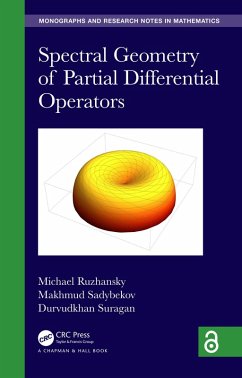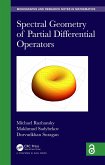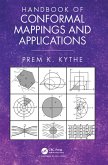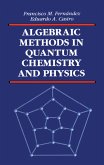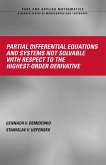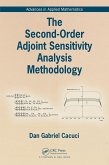The aim of
Spectral Geometry of Partial Differential Operators is to provide a basic and self-contained introduction to the ideas underpinning spectral geometric inequalities arising in the theory of partial differential equations.
Historically, one of the first inequalities of the spectral geometry was the minimization problem of the first eigenvalue of the Dirichlet Laplacian. Nowadays, this type of inequalities of spectral geometry have expanded to many other cases with number of applications in physics and other sciences. The main reason why the results are useful, beyond the intrinsic interest of geometric extremum problems, is that they produce a priori bounds for spectral invariants of (partial differential) operators on arbitrary domains.
Features:
Collects the ideas underpinning the inequalities of the spectral geometry, in both self-adjoint and non-self-adjoint operator theory, in a way accessible by anyone with a basic level of understanding of linear differential operators Aimed at theoretical as well as applied mathematicians, from a wide range of scientific fields, including acoustics, astronomy, MEMS, and other physical sciences Provides a step-by-step guide to the techniques of non-self-adjoint partial differential operators, and for the applications of such methods. Provides a self-contained coverage of the traditional and modern theories of linear partial differential operators, and does not require a previous background in operator theory.
Dieser Download kann aus rechtlichen Gründen nur mit Rechnungsadresse in A, B, BG, CY, CZ, D, DK, EW, E, FIN, F, GR, HR, H, IRL, I, LT, L, LR, M, NL, PL, P, R, S, SLO, SK ausgeliefert werden.
Hinweis: Dieser Artikel kann nur an eine deutsche Lieferadresse ausgeliefert werden.

